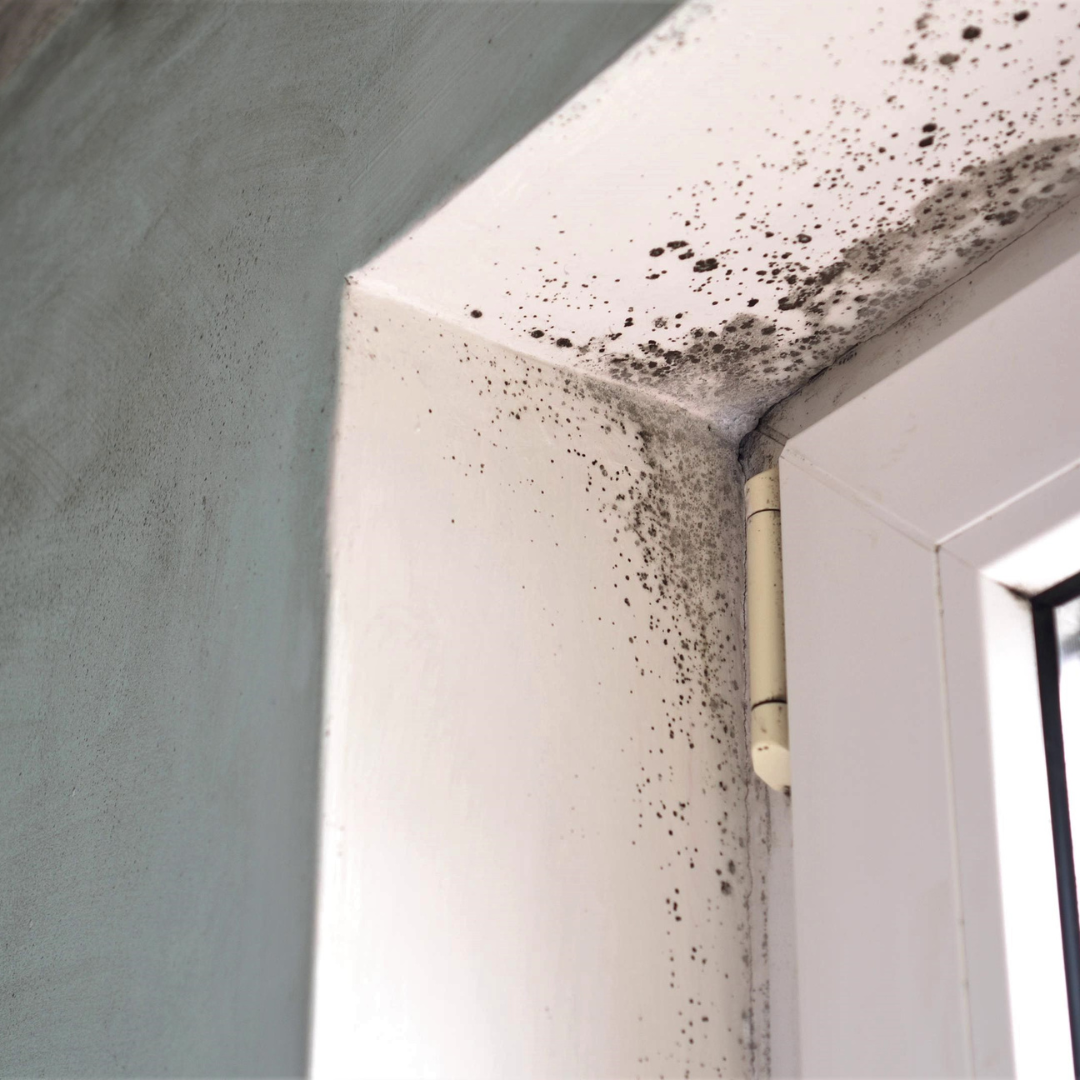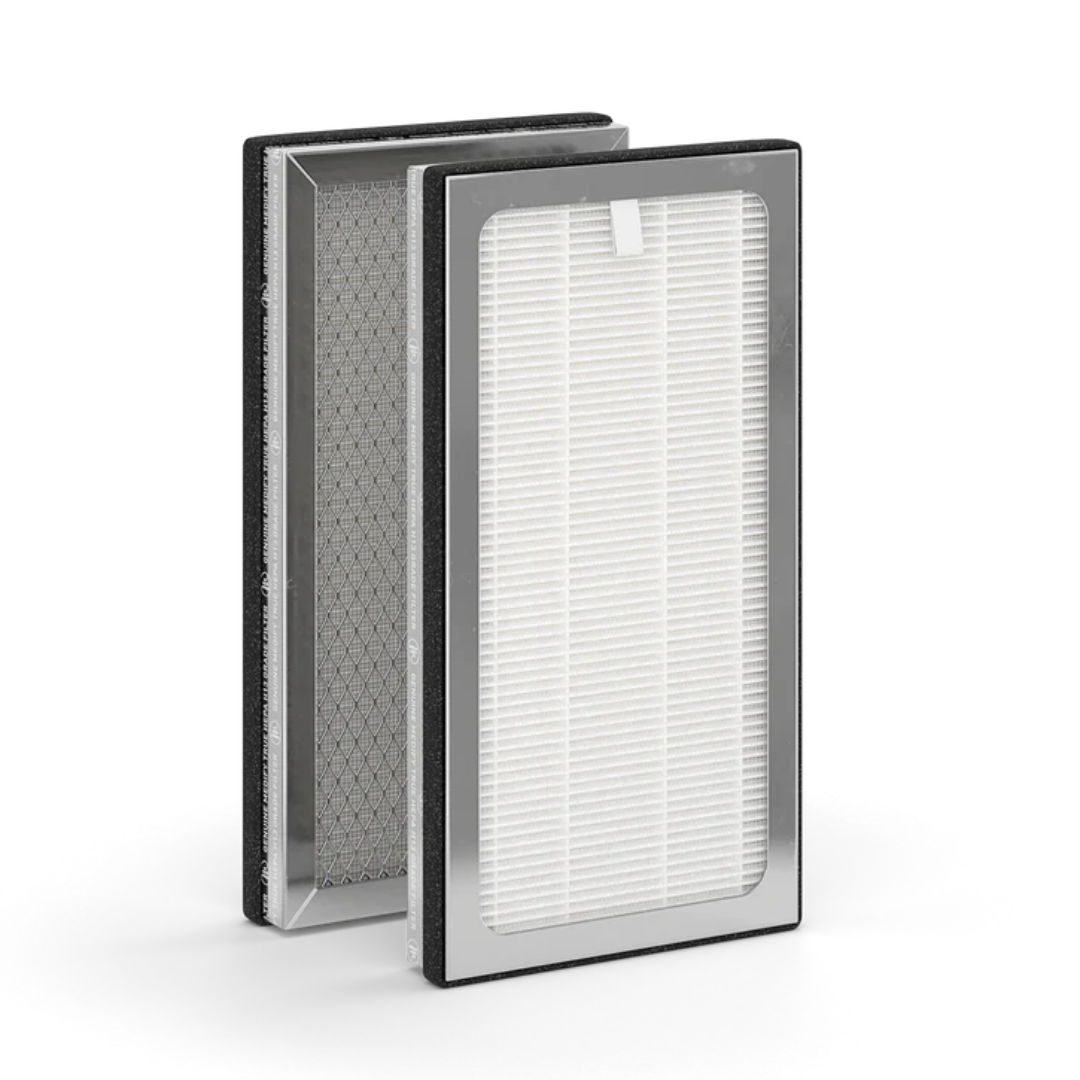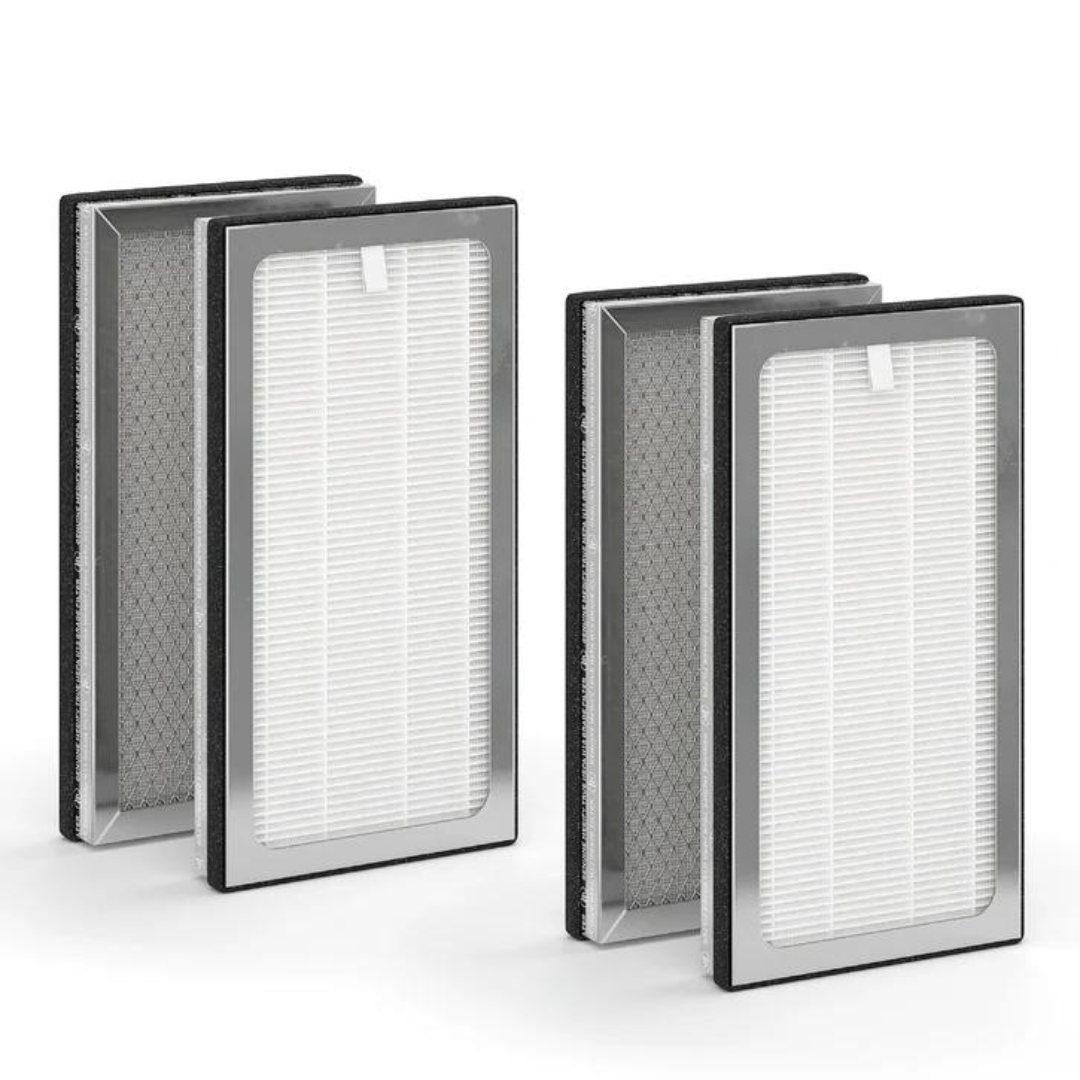Ever wondered about the impact of sleeping in a moldy bedroom? This article dives into the often-overlooked issue of mold in your bedroom and its potential health risks. Mold is a common household problem that not only damages property but can also cause various health problems. Mold spores can trigger allergies or asthma attacks, leading to disrupted sleep and daytime fatigue. Moreover, studies have shown that long-term exposure to mold may increase the risk of certain cancers. Identifying mold in your bedroom is crucial, as it can affect your sleep, breathing, and overall health.
Identifying Mold in Your Bedroom
Signs of mold in the bedroom include musty odors, discoloration on walls or ceilings, peeling paint or wallpaper, water stains on surfaces, and condensation around windows or doors due to damp air. An unpleasant smell in your home could indicate mold, often hidden in places like behind drywall or under carpets where humidity exceeds 60%.
Be on the lookout for dark spots near windows, inspect areas where water pipes run through walls, and check closets, as damp clothes create the perfect environment for mold. If you notice standing water indoors after rain, this could signal a leak that needs immediate attention.
Health Risks of Mold Exposure
Mold spores are particularly harmful to those with weakened immune systems or respiratory issues like asthma or hay fever. Even those with healthy immune systems may experience symptoms such as sneezing and coughing from prolonged exposure to mold. Children are especially vulnerable, as their developing lungs make them more susceptible to lung infections from inhaling mold spores.
Mold exposure can lead to a range of health problems, from mild symptoms like watery eyes and a runny nose to severe conditions such as chronic bronchitis or even cancer if left untreated. Proper ventilation and addressing moisture sources are key to preventing these health issues.
Preventing Mold Growth in Your Bedroom
Mold growth in the bedroom can lead to poor sleep quality. To prevent mold from taking hold in your sleeping area, controlling humidity levels is essential. High humidity encourages mold growth, so maintaining a low-humidity environment is crucial.
Start by using a dehumidifier in your bedroom to keep indoor humidity between 30–50%. Empty the water tank regularly or set up an automatic drain for continuous operation. Exhaust fans during showers help reduce condensation on surfaces like walls and windows, preventing mold growth and keeping HVAC systems clean.
Opening windows or doors for a few minutes each day allows fresh air to circulate, reducing trapped moisture and lowering humidity. Keeping furniture away from exterior walls also helps by allowing airflow, which prevents dampness.
Removing Mold From Your Home
Recognizing mold growth in bedrooms or other areas is vital for addressing the problem effectively. Musty odors, wall discoloration, visible mold spores, and dampness suggest a serious underlying issue. Prompt action is essential to prevent more significant problems.
For safe and effective mold removal, it’s best to hire a professional rather than attempting DIY solutions. Professional mold removal can cost between £500 to £3000, depending on the extent of the work. Ensure that the professionals are certified by agencies like the Environmental Protection Agency (EPA).
Air Purifiers as a Solution
Air purifiers, especially those with HEPA filters like Medify air purifiers, are an effective way to improve indoor air quality by reducing mold spores and other allergens. Using a Medify air purifier can enhance sleep quality and overall health by removing airborne particles like dust mites, pollen, pet dander, bacteria, viruses, smoke, and odors. These devices are essential for maintaining a healthy living environment.
Sleeping in a moldy room poses serious health risks. Mold exposure can lead to respiratory issues, headaches, skin irritation, and eye inflammation, and can worsen conditions like asthma or allergies. Keeping your bedroom free from airborne allergens and irritants by regularly cleaning and reducing moisture levels is crucial.
While Medify air purifiers can help reduce allergens in a room affected by mold, it’s still unsafe to sleep in such an environment. Taking proactive measures to prevent mold growth will help ensure everyone in your home sleeps soundly and stays healthy.
Protect your family from the dangers of mold exposure by investing in a Medify air purifier today. Rest easy, knowing you’re creating a safe, healthy environment for your home.



